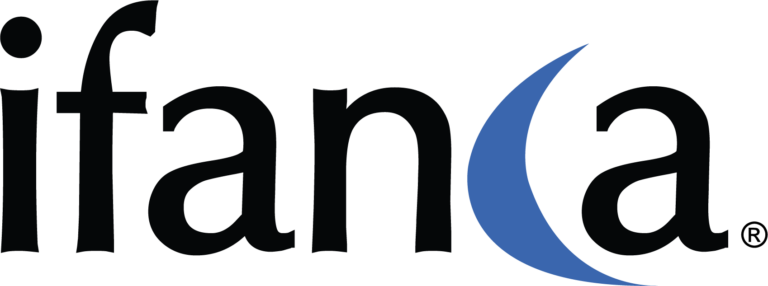Islam is the world’s second largest religion with over 1.3 billion followers. A 2002 survey by Cornell University indicates there are seven million Muslims in the United States and another one million in Canada. Muslims follow the Islamic dietary code known as Halal.
Halal foods are foods that are free form any prohibited components. All good and clean foods are Halal. The Quran and Hadith are the major sources for guidance on Halal. As consumers are interested in different types of food, the food industry must respond to those needs. The demand for ethnic foods in the US and Europe has increased tremendously over the past few years and food producers have responded to this demand. Muslim food expenditures in North America were estimated at 12 billion dollars a year in 1999 and this was expected to rise to 15 billion dollars a year by 2003.
Today, the major Halal markets are Southeast Asia and the Middle East with growing Halal markets in the former Soviet Union, South Asia and North Africa. While most Muslim countries used to meet their food requirements domestically, increases in population have outpaced the food supply. As a result, many Muslim countries must now import food. Also, changing food habits and the increasing popularity of Western style fast foods have also increased food imports by Muslim countries.
It is not uncommon to find non-Muslims also consuming Halal food products. As a result, there are over 1.5 billion Halal food consumers around the world, spread over 112 countries. To help the food industry, we have authored a book, which provides guidelines on the production of Halal food, as summarized below.
Guideline for Producing Halal Meat & Poultry
The animal must be from a Halal species.
Animals must be treated in a gentle manner and should not be stressed prior to slaughter.
Slaughter using a humane restraining system and without stunning is preferred, but non-lethal methods of stunning are acceptable to meet the legal requirement for humane slaughter.
The animal should be alive at the time of slaughter and must die of bleeding from the slaughter wound, not by a blow or electrocution.
The slaughter knife must be sharp and the slaughter person (male or female) must be familiar with the slaughter process.
The person performing the slaughter must pronounce the name of GOD while administering the slaughter. The slaughter must be quick and should cut the front part of the neck, severing the carotid arteries, jugular veins, trachea and esophagus, without reaching the neck bone.
Guideline for Producing Halal Dairy Products
All milk must come from Halal species. (In the US, all milk is cow’s milk unless specified otherwise.)
Enzymes use to make cheese should be of microbial origin.
Approved doubtful ingredients and proper documentation.
Halal wax.
Guideline for Producing Halal Fish and Seafood
All water only creatures are Halal.
No slaughter is required.
Fish with scales and fins are acceptable to all Muslims (cod, flounder, haddock, halibut, perch, salmon, sea bass, trout, tuna, orange roughy, etc.).
Fish with fins but no removable scales are acceptable to a majority of Muslims (catfish, swordfish, etc.)
Sea creatures such as shrimp, lobsters, whales, oysters, etc. are consider Halal by most Muslims but haram by some.
Creatures that can live in and out of the water such as crabs, turtles, frogs, etc. are generally not considered to be Halal.
Guideline for Producing Halal Cereal and Confectionary
The major concerns with these products are gelatin, mono and diglycerides, cream liquor, l-cysteine and various emulsifiers (polysorbates, sodium steroyl lactylate).
All ingredients must be Halal, including release agents, pan grease, etc.
Packaging materials must not contain ingredients of animal origin.
Guideline for Producing Halal Nutritional Supplements
Nutritional supplements are not in the same category of prescription medicines. Prescription medicines are generally considered exempt from Halal requirements, but if a Halal medicine exists, it should be taken rather than one that is not Halal.
Unless gelatin capsules are Halal certified or labeled as bovine, they are made with pork gelatin.
Tablets are preferred to gelatin capsules.
Halal consumers try to find products that are alcohol-free.
While there is no specific mention of genetically engineered foods in the Quran or Hadith, genetically modified products from prohibited products are considered to be prohibited.
The USDA Food Labeling Division Regulatory Programs has established guidelines with regards to the use of Halal labels. Codex Alimentarius has also adopted guidelines on the use of the term Halal for facilitating fair-trade. The states of New Jersey, Minnesota, Illinois, California, Michigan and Texas have passed Halal Food Bills to protect Halal consumers from fraudulent use of the term Halal. Halal consumers usually look for a Halal certification symbol on the label. If they do not find that, they check the ingredients to screen out haram products.
